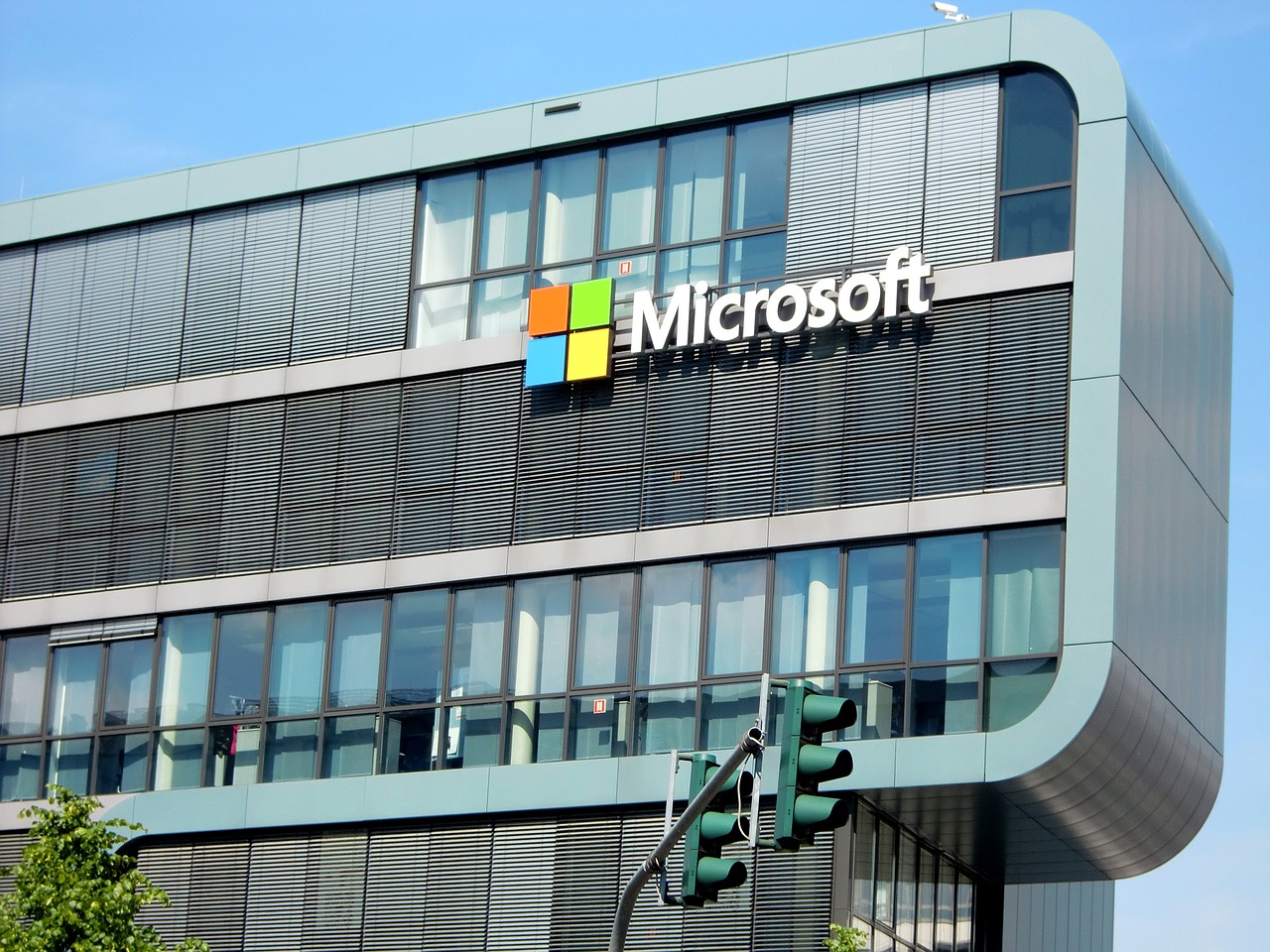The U.S. Federal Trade Commission (FTC) has officially ended its legal effort to block Microsoft’s $69 billion acquisition of video game giant Activision Blizzard, marking the close of a contentious and closely watched antitrust battle.
The agency announced on Thursday that it would no longer pursue the case, citing that further litigation against a deal already finalized in 2023 would not serve the public interest.
The FTC’s decision comes after its loss on appeal earlier this month, when a federal court declined to halt the merger—a ruling that weakened the agency’s position. Although the FTC had retained the option of seeking to unwind the merger at a scheduled trial this July, it has now chosen to forego that path.
Microsoft President Brad Smith hailed the FTC’s decision as “a victory for players across the country and for common sense in Washington, D.C.,” asserting that the merger enhances consumer choice in the competitive gaming sector. The acquisition—by far the largest in the video game industry’s history—gives Microsoft control of blockbuster franchises such as Call of Duty, World of Warcraft, and Candy Crush, and is seen as a pivotal move in the race for dominance in cloud-based and subscription gaming services.
The FTC had originally argued that the deal would harm competition by allowing Microsoft to limit rivals’ access to Activision titles, particularly in the emerging markets of streaming and subscription gaming. However, the deal proceeded after regulators in key jurisdictions, including the European Union and the United Kingdom, cleared the transaction following concessions from Microsoft.
The FTC’s withdrawal from the Microsoft-Activision case appears to be part of a broader strategic realignment under the agency’s current leadership. Andrew Ferguson, appointed FTC Chair by President Donald Trump, has signaled a shift in enforcement priorities. On the same day the Microsoft case was dropped, the FTC also dismissed a price discrimination complaint against PepsiCo, which had accused the company of offering favorable terms to Walmart at the expense of smaller retailers.
Chairman Ferguson is redirecting agency resources toward initiatives more aligned with the Trump administration’s policy objectives. One such effort involves a civil investigative demand issued to liberal advocacy group Media Matters, which has been accused by Elon Musk of coordinating advertiser boycotts against X, the platform formerly known as Twitter.
The FTC’s investigation seeks information about potential collusion between Media Matters and other watchdog organizations, including the now-defunct Global Alliance for Responsible Media (GARM). The probe comes as X pursues litigation against Media Matters and GARM, alleging unlawful coordination that led to significant losses in advertising revenue.
Media Matters President Angelo Carusone denounced the FTC’s probe as politically motivated, stating, “The Trump administration has been defined by naming right-wing media figures to key posts and abusing the power of the federal government to bully political opponents and silence critics”, Reuters reported.
While the FTC has not commented on the specifics of the Media Matters investigation, legal experts note that a civil investigative demand is not itself evidence of wrongdoing and may not result in enforcement action.
As the FTC pivots from major tech mergers toward probes into media influence and advertiser behavior, questions remain about the long-term implications for U.S. antitrust enforcement. With the agency retreating from one of its most high-profile merger challenges in recent memory, industry observers will be watching closely to see how future competition policy evolves under Ferguson’s leadership.
